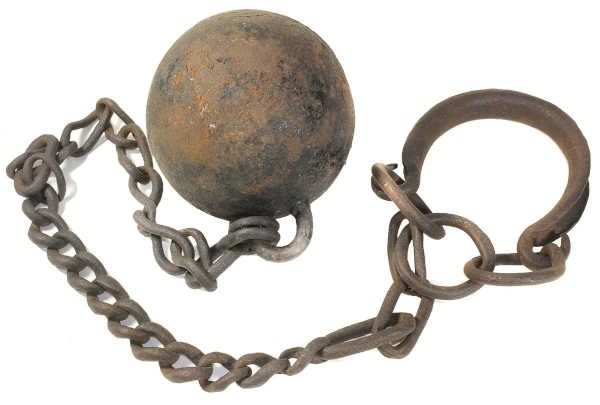FWP:
SETS == BAH; IZAFAT; SYMMETRY
BONDAGE: {1,5}
HOME: {14,9}
ROAD: {10,12}
See S. R. Faruqi's choices. For more on Ghalib's unpublished verses, see the discussion in {4,8x}.
The first line sets forth visions of traveling, of roads and lanes: as in English the traveler 'sets his face toward' his desired goal, here his 'head' is apparently turned in that direction. The head is 'toward' or 'with' or 'accompanied by' (thanks to the usefully flexible Persian bah ) the road that leads to a particular lane.
What the road leads to is the 'lane of the longing of heart-lessness' (with the hyphen as a reminder that the sense is not 'heartlessness' as in 'cruelty', but literally the absence of a heart). With two iẓāfat constructions to play with, the possibilities are multiple. The 'A of B of C', when the terms are so abstract and the context so minimal, is a 'road' that can easily be made to lead into a labyrinth of permutations.
For is the lane 'of' longing a lane that itself is longing, or a lane that leads toward longing, or a lane travelled by longing, or a lane connected to longing in some other, unspecified way? And is the 'longing of heart-lessness' a longing that itself is heart-lessness, or a longing that leads toward heart-lessness, or a longing experienced by heart-lessness, or a longing connected to heart-lessness in some other, unspecified way?
Moreover, it's also not clear how 'like a path/road/practice' [jūñ jādah] should connect to the main clause. It seems to require the linking of its noun to another noun; and indeed, there isn't even any verb in the line at all (so that we have to assume a copulative construction with 'is'). Is the 'lane' of the longing of heart-lessness what's being analogized? Or is it the 'longing'? Or might it be 'heart-lessness', conceived of as a practice? In fact, it might even somehow be the 'head' itself that now feels to the lover like a path or a practice (stranger things than that have happened in the lover's head).
As so often, we have absolutely no way to resolve any of these questions, and can only hope for clarification from the second line-- for which, under mushairah performance conditions, we'll of course be made to wait a bit.
The second line then gives us the imagery of the chained feet that prevent the traveler from moving on in his mystical quest (whatever exactly it may be). The head looks forward, it longs to move; but the feet are bound. But how exactly are they bound? Because of what I call the 'symmetry' of Urdu grammar ('A is B' also affirms 'B is A'), two possibilities at once present themselves:
=The bondage is a literal chain on the feet (2a). The mad lover is often chained up, to keep him from wandering crazily around, a danger to himself or others. The chain on his feet is what connects him to the 'love of the homeland'. Because it's all that keeps him within the homeland, as though he felt (an ironic) 'love' for it? Because it reminds him of the passion that drove him mad in the first place? Because the 'homeland' is this human world that he has now set himself to move beyond?
=The bondage is a metaphorical, emotional 'chain on the feet' (2b). Since the mystical seeker wants to move on, even the smallest 'thread' of love of the homeland is as burdensome as an iron chain on his feet, holding him back. Or else since the 'connection' of love of the homeland is as powerful as a chain on his feet, he's unable to bring himself to break it. Is it the last link? Has he given up all individual loves, and is he now restrained only by a primal 'love of the homeland' in the broadest sense?
Compare {1,5}, for a strikingly
parallel, equally 'transitive' use of chains on the feet. And there's also
one of my all-time favorites, the equally multivalent {230,7}, which
replaces chains on the feet with a hand trapped under a stone.

Asi:
Like a path, I have turned my face toward the street of heart-lessness. And I am going in this very direction. But what can I do-- for the chain of love of the homeland is even now attached to my foot, and there's no release from it. In this situation, when the chain of love of the homeland is attached to the foot, to give as a simile for it a path, is the extremity of 'delicacy of thought'.
== Asi, p. 125